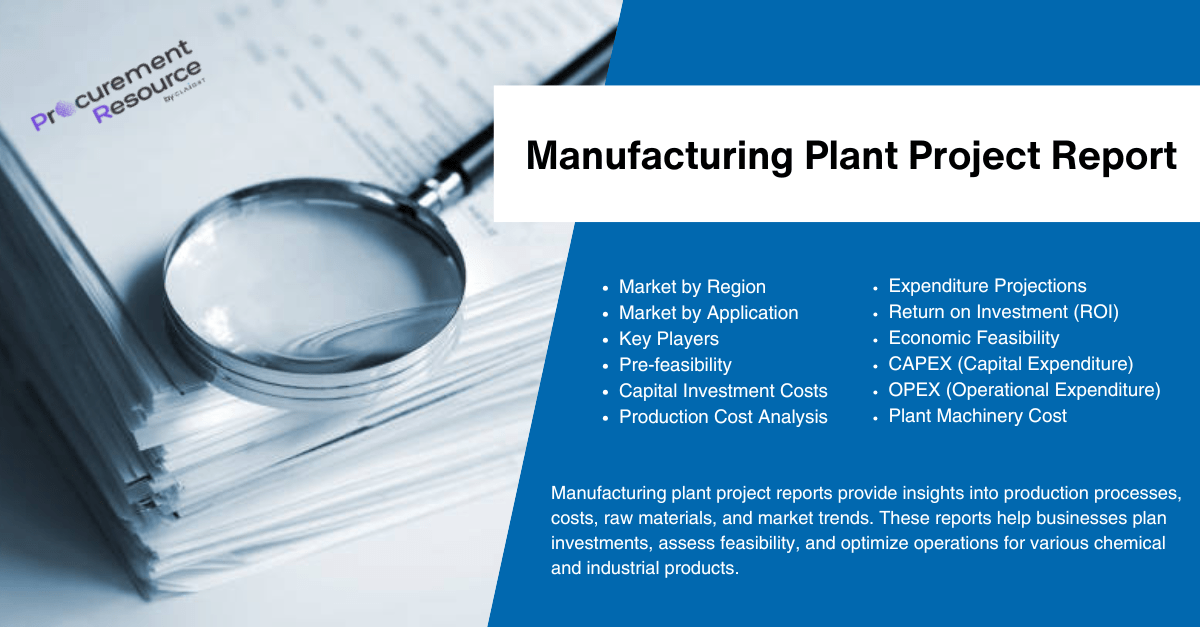In the Philippines, business podcasts are quickly changing how people access information and develop new skills. Once considered niche, they now attract over 17 million weekly listeners ( that’s 19.8% of internet users aged 16 to 64)a 2.6% increase from 2023. This emphasizes a growing preference for flexible, accessible learning tools over traditional methods like classroom education or workshops.
Because these digital platforms uniquely combine entertainment and education, it easily fits into daily routines such as commutes or household chores. As internet access continues to expand, especially in rural areas, podcasts are set to become even more of a dominant platform for learning and information consumption.
The Rise of Podcast Consumption
Growing Popularity of Podcasts
Podcasting in the Philippines is experiencing a growth like never before, mirroring a global trend but with a particularly notable local surge. As of 2024, nearly 87 million Filipinos are connected to the internet, and this modern platform have outpaced traditional ones like television, video streaming, and online news as a preferred source of information. Over 17 million Filipinos now listen to podcasts weekly, representing 19.8% of internet users aged 16 to 64—a 2.6% increase from the previous year.
The appeal of this platform lies in its accessibility and convenience. A study revealed that 82% of respondents chose podcasts for their ease of access, while 74% valued the convenience they offer. Unlike structured learning formats, these platforms allow listeners to absorb information on their own schedules, making them an ideal medium for modern lifestyles.
Integration into Daily Life
Now, it’s quite easy to integrate this platform into one’s daily routine. Whether navigating Metro Manila’s heavy traffic or tackling household chores, many Filipino listeners find podcasts to be a flexible and engaging way to stay informed or entertained. This is why they are an attractive alternative to traditional learning or entertainment options.
The diversity of these platforms’ genres also play a significant part in their popularity. Comedy leads as the most favored genre among Filipino listeners (74%), followed by personal development (64%), culture (55%), and politics (49%). This variety guarantees there’s something for everyone. It caters to both entertainment seekers and those pursuing self-improvement.
As digital penetration deepens across urban and rural areas alike, consumption of this platform is expected to grow even further. This solidifies its role as a dominant platform for learning and entertainment in the Philippines.
Shift in Learning Preferences
From Traditional to Modern Learning
Traditional learning methods like classroom lectures or workshops often need more time commitment and financial resources. In contrast, podcasts cost less and is a more flexible way to acquire knowledge. They make complex topics easier to understand by combining storytelling with practical insights.
Business-focused podcasts for instance, will often feature interviews with industry leaders or case studies on market developments. These formats provide practical concepts that listeners can apply directly to their careers or businesses. This approach resonates with learners who prefer real-world applications over theoretical knowledge.
Demographics and Preferences
The majority of listeners in the Philippines are millennials aged 25–34 who live in urban areas such as Greater Manila. This demographic is tech-savvy and values content that aligns with their interests and busy lifestyles. Personal development podcasts are particularly popular among this group as they look for ways to improve their skills and knowledge while balancing work and personal commitments.
This reflects a wider societal change toward ‘self-directed learning’. Millennials are also increasingly taking charge of their education by seeking out resources that fit their schedules and preferences. Podcasts meet these needs by offering both flexibility and depth.
Opportunities for Business and Marketing
Leveraging Podcasts for Business Insights
Podcasts that focus on business have become helpful tools for entrepreneurs and professionals who want continuous learning. These platforms provide real-time advice into market trends, strategies, and innovations. Filipino entrepreneurs for example, usually tune into shows discussing local business challenges or global economic shifts.
Unlike traditional business seminars or courses, which can be costly and time-intensive, podcasts are free or low-cost resources that are easily accessible on-demand. They also allow listeners to stay updated on industry developments without interrupting their daily routines.
Advertising and Marketing Potential
The rise in podcast consumption has not gone unnoticed by marketers. Podcast advertising is growing fast as businesses recognize its potential to target niche audiences effectively. Unlike traditional ads that rely on wider demographics, podcast ads can be custom-made to specific listener groups based on their interests.
An example of this is a brand (targeting young professionals), sponsoring a personal development podcast popular among millennials. This targeted approach increases engagement rates and brand recall compared to more generic advertising methods. On top of this, because podcast ads are often integrated seamlessly into episodes (e.g., through host-read endorsements), they feel less intrusive than traditional commercials.
Key Takeaway
Business Podcasts in the Philippines are now a preferred medium for education and entertainment, with 17 million weekly listeners as of 2024. Their accessibility and integration into daily life make them a compelling alternative to traditional learning methods.
For businesses, they provide opportunities for professional development and targeted advertising. As digital access grows, particularly in rural areas, podcasting is expected to further shape how Filipinos learn and engage with information.



